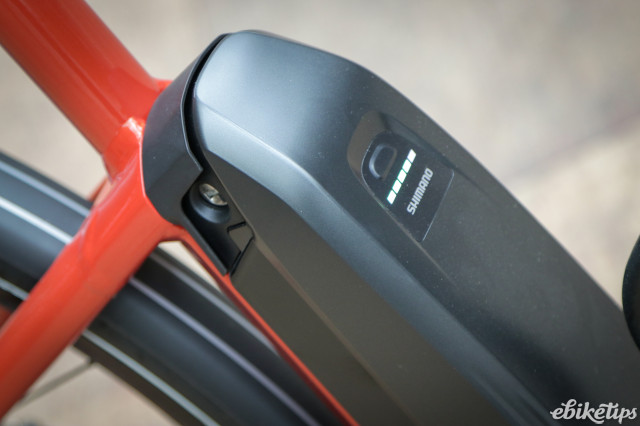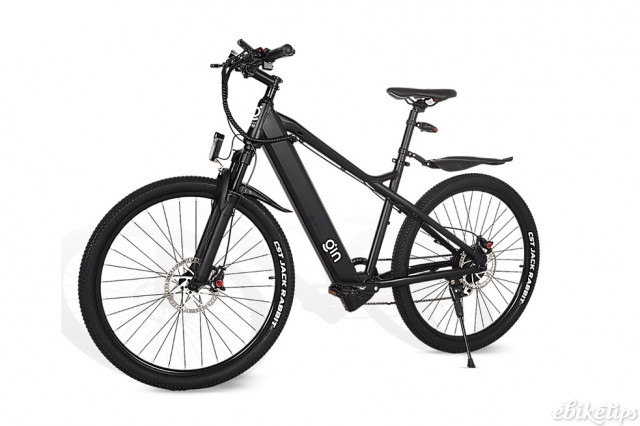With proposals for new EU batteries regulations currently being discussed, the Confederation of the European Bicycle Industry (CONEBI) has called for them to contain clear rules on e-bike battery replaceability. The body has also warned owners against having batteries repaired.
While e-bike batteries typically last 7-10 years – significantly longer than other products, such as mobile phones whose batteries tend to last on average 3-5 years – the industry is now at a point where growing numbers of batteries are reaching the end of their lifetimes.
Owners are therefore increasingly seeking replacements and this raises the possibility of compromising safety.
London Fire Brigade recently urged people to only buy replacement batteries from reputable sellers, citing a number of fires caused by the use of incorrect chargers or batteries sourced on the internet, which may not have met safety standards.
CONEBI is a strong supporter of only using original OEM certified batteries on e-bikes. It has set out its position on battery replaceability in a joint paper with 10 other industry associations, including the Advanced Rechargeable & Lithium Batteries Association (RECHARGE), Home Appliance Europe (APPLiA) and the European Portable Battey Association (EPBA).
Its key recommendation is that legislation stipulate that a defective battery be replaced by, “an authorised technically identical battery.”
The paper says that this is, “to avoid untrained operators using incompatible batteries or unqualified repaired batteries, potentially leading to damage for consumers and repair operators, including safety risks.”
It also recommends that manufacturers follow either an end-user or a professional-operator repair strategy. In the latter scenario, it advises mandating that qualified independent operators be responsible for carrying out replacements.
Repairs
In a separate paper, CONEBI has also advised e-bike owners to forgo battery repairs, despite a growing number of organisations offering such services.
It points out that there are currently no explicit rules stipulating that repairing and remanufacturing services cooperate with the original manufacturers or even that they re-certify the battery.
This raises severe safety concerns and CONEBI says that as often as not, ‘repair’ amounts to replacement anyway.
“In most of the known cases, service providers replace all of the old cells with new ones. This results in an exchange of most of the components in the battery pack and therefore also an exchange of most of the raw materials.”
CONEBI says that the e-bike industry will put increasing effort into guiding customers on optimal battery use and into mitigating the environmental impact of used batteries.
The paper concludes: “Ultimately, collection and recycling of e-bike batteries at their end-of-life is inevitable, using the collection (and recycling) schemes that the e-bike industry has developed together with professional collection agencies and recyclers on the one hand as well as their suppliers and retailers on the other hand.
“These schemes ensure that batteries and the raw materials used in batteries are finding their way back into the circular economy loop in a safe and controlled manner. In combination with the closed loop recycling schemes this route offers the highest product performance in combination with safest operation and lowest environmental impact.”






